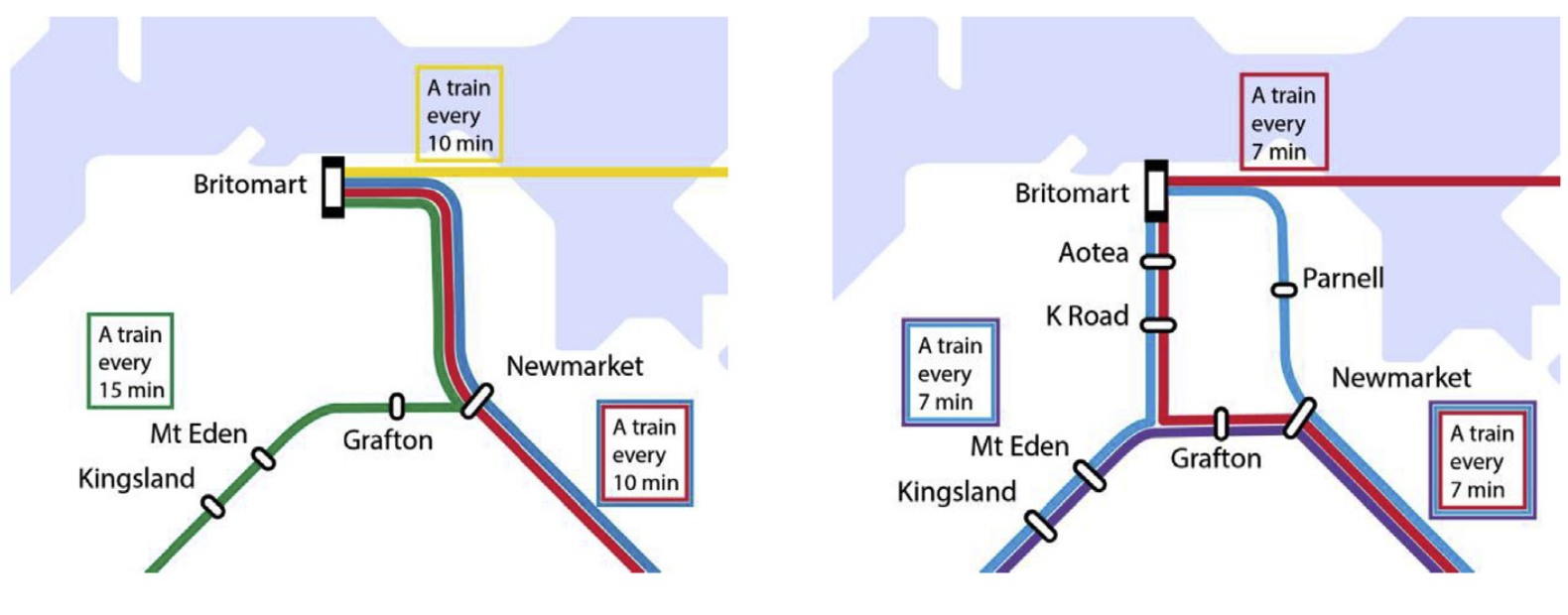Many policy-makers are grappling with the twin challenges posed by growing travel demands and persistent socioeconomic inequality. To address these issues, numerous studies propose and apply “justice tests”, which relate the effects of transport policies to prevailing socioeconomic deprivation. While the theoretical foundations of justice tests are well-established, there exists less agreement on methodological aspects and empirical specifications. In this paper, we propose a new criterion for evaluating the results of justice tests—namely the correlation coefficient—and explore its sensitivity to empirical assumptions by way of a case study of a major public transport investment. In comparison to other criteria identified in the literature, our proposed criterion appears to generate relatively stable results while being simple to calculate, interpret, and communicate.
